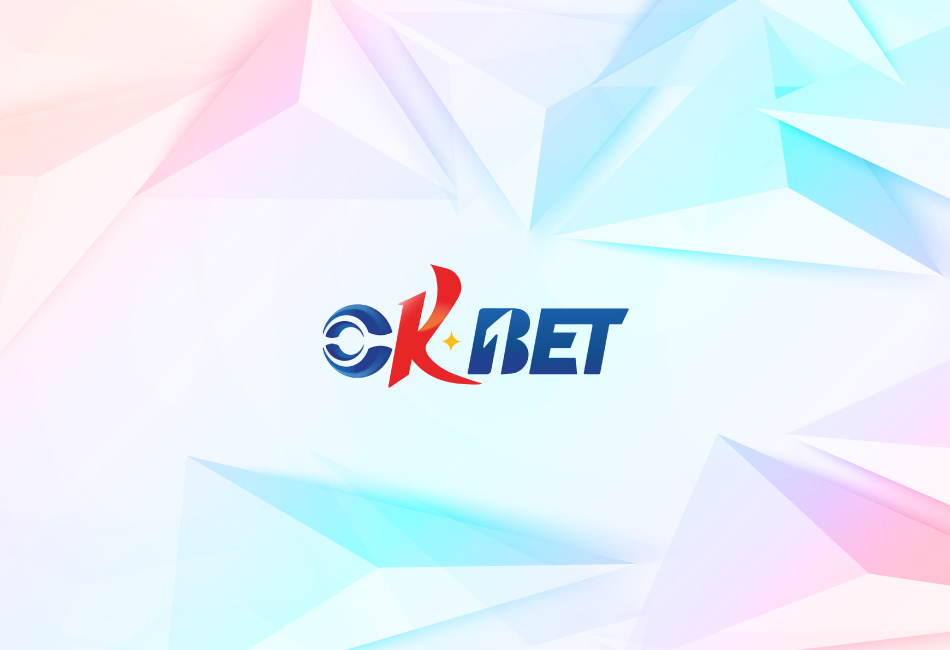
The advent of blockchain technology has revolutionized various industries, and at the forefront of this revolution are smart contracts. These self-executing contracts with the terms of the agreement directly written into code have transformed traditional transactional and contractual practices.
Table of Contents
Understanding Smart Contracts in Blockchain
Smart contracts, first conceptualized by computer scientist Nick Szabo in 1994, are digital contracts stored on a blockchain. They automatically execute transactions and agreements upon meeting predefined conditions, eliminating the need for intermediaries. This automation not only speeds up processes but also enhances security and reduces costs, making blockchain technology more robust and scalable.
Diverse Types of Smart Contracts
Smart contracts vary in complexity and purpose, catering to different needs within the blockchain ecosystem.
- Smart Legal Contracts: These contracts are legally enforceable, requiring parties to fulfill their obligations. Failure to comply can result in legal actions, making them a secure and reliable form of digital agreement.
- Decentralized Autonomous Organizations (DAOs): DAOs operate on the backbone of smart contracts. These contracts are coded with specific rules and governance mechanisms, offering a transparent and theoretically incorruptible framework.
- Application Logic Contracts (ALCs): ALCs enable secure and autonomous functioning of devices, particularly in the Internet of Things (IoT). They facilitate greater automation and scalability, making them integral to modern blockchain applications.
Key Use Cases of Smart Contracts
Smart contracts have a wide range of applications, demonstrating their versatility and efficiency.
- Digital Identity and KYC: Smart contracts streamline identity verification processes, enhancing resilience and compliance while maintaining user privacy.
- Securities Management: In the financial sector, smart contracts simplify capitalization table management and enable automatic dividend payments, enhancing efficiency and transparency.
- Loans and Mortgages: They automate and error-proof the process of tracking payments and property release in loan and mortgage management.
- Government Operations: Smart contracts can revolutionize government operations like land title recording and electronic voting, reducing auditing costs and improving transparency.
- Supply Chain Management: They offer complete visibility and traceability in supply chains, reducing fraud and theft.
How Smart Contracts Function
The operation of smart contracts involves several steps:
- Contract Creation: A smart contract is written in a programming language like Solidity and deployed on the blockchain.
- Triggering Conditions: The contract automatically executes when predefined conditions are met, without the need for intermediaries.
- Execution: The terms of the contract are executed exactly as written, ensuring trust and transparency.
Smart contracts represent a significant shift in how agreements are made and executed in the digital age. Their ability to automate complex processes while ensuring security and reducing costs has made them a cornerstone of blockchain technology. As the demand for these contracts grows, so does the need for thorough smart contract auditing. The smart contract auditing cost varies, but it’s a crucial investment for ensuring the integrity and security of these digital agreements. Smart contract auditing companies play a vital role in this ecosystem, offering expertise in identifying and mitigating potential risks associated with smart contracts.
Benefits of Smart Contracts
Smart contracts offer a multitude of advantages that streamline processes across various industries.
- Autonomy and Reduced Intermediaries: By automating contractual obligations, smart contracts eliminate the need for intermediaries, leading to more direct and efficient transactions.
- Enhanced Security: The decentralized nature of blockchain and the cryptographic security inherent in smart contracts make them highly secure and tamper-proof.
- Cost-Effectiveness: The automation of smart contracts significantly reduces administrative and operational costs. This is particularly evident in the reduced smart contract auditing price, as automated processes lower the overall smart contract auditing cost.
- Efficiency and Speed: Smart contracts execute transactions rapidly as soon as the conditions are met, significantly speeding up processes that traditionally take much longer.
- Accuracy and Error Reduction: Automated contracts minimize human errors, ensuring that the terms are executed exactly as set out in the code.
Challenges and Limitations
Despite their advantages, smart contracts face several challenges and limitations.
- Technical Challenges and Security Concerns: While smart contracts are generally secure, they are not immune to bugs or security vulnerabilities. This necessitates regular audits by specialized smart contract auditing companies to ensure their integrity.
- Legal and Regulatory Considerations: The legal status of smart contracts is still evolving, with regulatory frameworks in many jurisdictions yet to catch up with the technology.
- Complexity and Scalability Issues: As smart contracts become more complex, issues related to scalability and performance can arise, requiring ongoing development and optimization.
Future Trends and Developments
The future of smart contracts in blockchain is marked by continuous innovation and expansion into new areas.
- Advancements in Smart Contract Technology: Ongoing improvements in smart contract platforms are expected to enhance their functionality, security, and user-friendliness.
- Emerging Applications and Industries: Beyond finance and supply chain, smart contracts are set to revolutionize industries like healthcare, real estate, and entertainment.
- Integration with Other Technologies: The convergence of smart contracts with technologies like AI and IoT will open up new possibilities and use cases.
Conclusion
Smart contracts are a transformative aspect of blockchain technology, offering efficiency, security, and cost-effectiveness. While they come with challenges, the ongoing developments and future trends indicate a bright and expansive future for smart contracts. As the technology matures, the role of smart contract auditing companies will become increasingly important, ensuring the security and reliability of these digital agreements. The potential of smart contracts in revolutionizing various sectors is immense, making them a key focus area in the blockchain space.




